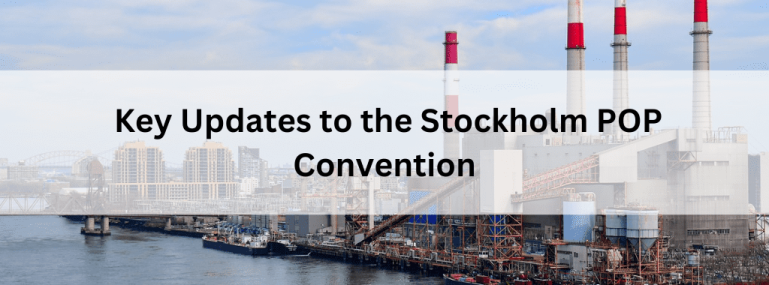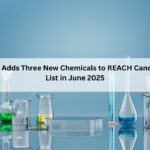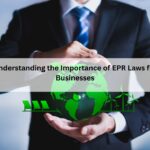The Stockholm Convention, an international treaty governing hazardous pollutants, adopted a decision to ban three persistent organic pollutants at the 11th session of the Conference of the Parties (COP) held in Geneva from 1 to 12 May 2023. A global ban is adopted on the production and use of the chemicals listed below:
- Methoxychlor
- UV-328 (CAS 25973-55-1)
- Dechlorane Plus
Chemicals like these are persistent, bioaccumulative, and harmful to human health and the environment. Time-limited exemptions have been agreed upon for specific uses of UV-328 and Dechlorane Plus. The EU proposed methoxychlor in 2019 for inclusion in the Convention.
Persistent organic pollutants (POPs) are carbon-based organic chemicals that accumulate in living organisms through bioaccumulation. POPs can cause cancer, allergies, and hypersensitivity. These chemicals can damage the nervous system, cause reproductive disorders, and are endocrine disruptors.
- Methoxychlor was once used to replace DDT against numerous insects and pests on crops, ornamentals, livestock, and pets. It is banned in the US and the European Union due to its toxicity, persistence, and bioaccumulation ability.
- UV-328 is a UV absorber that protects polymers from degradation under ultraviolet radiation. The chemical may affect the liver and kidneys in animal studies. UV-328 is the first non-halogenated chemical included in the Stockholm Convention.
- Dechlorane Plus is a chlorinated flame retardant used in adhesives, sealants, and polymers. They are widely used in motor vehicles, electrical and electronic equipment, aerospace, and defense.
Regulations that control POPs have reduced levels of POPs in humans and the environment. The adoption of procedures and mechanisms for compliance with the Stockholm Convention in the field of POPs has marked remarkable achievements in 2 decades of work.
For the first 12 chemicals on the POP list, concentrations measured in the air and in the human population have decreased and remain at low levels. Newly introduced POPs also show decreasing concentration levels.
Several countries have called for labelling of products containing two plastic ingredients, while others oppose it. The scientific control committee of the convention plans to evaluate the possibilities of identifying POPs in products and waste.
As a consulting firm,ComplianceXL assists companies in the areas of POP compliance and supplier declaration collection by providing consulting and training services. As part of our compliance and data management strategy, we also assist customers in regularly maintaining their supplier certificates and declarations in order to ensure that they are to date at all times.
Frequently Asked Questions:
1. Do dechlorane plus and UV-328 have a time-limited exemption?
Special exemptions for production and/or use for 5 years after the amendment’s entry into force. These applications will continue to be supported until 2044, or until the end of the articles’ life, whichever is first
2.What are persistent organic pollutants (POPs)?
Persistent organic pollutants (POPs) are carbon-based organic chemicals that can accumulate in living organisms through bioaccumulation causing serious health hazards.





